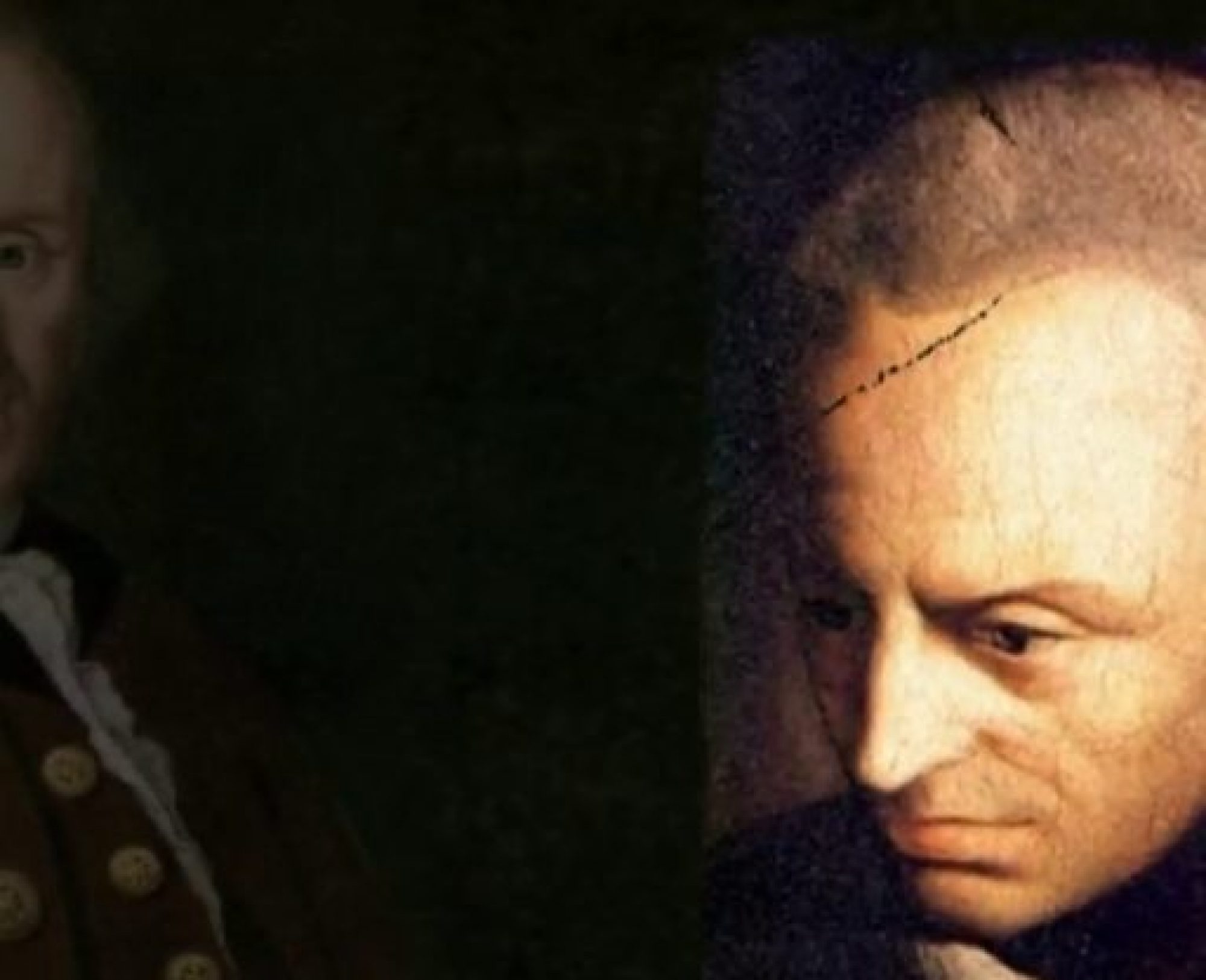Channel: Bobby Towers
Duration: 3:32
Description: The last video got cut off… here’s the rest of it. More to come, enjoy!
Published: May 11, 2011 8:46 pm

Channel: Bobby Towers
Duration: 3:32
Description: The last video got cut off… here’s the rest of it. More to come, enjoy!
Published: May 11, 2011 8:46 pm
Channel: PhilosophyOwl
Duration: 4:57:31
Description: Introduction to Kant: http://philosophyowl.blogspot.com/2013/05/introduction-to-immanuel-kant.html Playlist containing the entire audiobook: http://www.youtube.com/playlist?list=PLRBOF-xiQuRJKo-XaTvttJLXdJWcw3hqx From the 1855 translation by John Miller Dow Meiklejohn. This video contains the entire chapter Antinomy of Pure Reason. Table of Contents (* indicates which sections are in this video):
1. Preface to the First Edition
2. Preface to the Second Edition
3. Introduction
4. Transcendental Doctrine of Elements
4.1. First Part. Transcendental Aesthetic
4.2. Second Part. Transcendental Logic
4.2.1. First Division. Transcendental Analytic
*4.2.2. Second Division. Transcendental Dialectic
5. Transcendental Doctrine of Method
5.1. Chapter I. The Discipline of Pure Reason
5.2. Chapter II. The Canon of Pure Reason
5.3. Chapter III. The Architectonic of Pure Reason
5.4. Chapter IV. The History of Pure Reason
Published: May 22, 2013 9:56 pm
Channel:
Bobby Towers
Duration: 7:2
Description:The Critique of Pure Reason by Immanuel Kant (Introduction Part 4)
Published: May 11, 2011 9:17 pm
Channel: williamac321
Duration: 1:23
Description: Immanuel Kant Critique of Pure Reason
Published: September 7, 2011 7:17 pm
Channel: Sheron Jeanene
Duration: 50:18
Description: Analytic of Principles / Schematism The Critique of Pure Reason (German: Kritik der reinen Vernunft) by Immanuel Kant, first published in 1781, second edition 1787, is one of the most influential. Introduction to Kant: Playlist containing the entire audiobook: System of All Principles of the Pure Understanding The Critique of Pure Reason (German: Kritik der reinen Vernunft) by Immanuel Kant, first published in 1781, second edition 1787, is one of.
Published: March 7, 2018 5:26 am
Channel: The John David Ebert Channel
Duration: 0:15
Description:”The Transcendental Aesthetic” My books “The New Media Invasion,” “Dead Celebrities, Living Icons,” and the forthcoming “Age of Catastrophe”
Published: August 25, 2012 9:54 pm
Channel: Adam Rosenfeld
Duration: 1:8:20
Description: A quick overview of Kant’s project in his Prolegomena to Any Future Metaphysic and Critique of Pure Reason before we delve into the gritty details.
Published: March 1, 2017 2:08 am
Channel: Bobby Towers
Duration: 7:21
Description: The Critique of Pure Reason by Immanuel Kant SS1
Published: May 12, 2011 5:45 am
Channel: BlueSpectacles
Duration: 14:30
Description: discussion about Kant’s refutation of Anselm’s argument (while it was an attack on Leibniz and Descartes).
Published: May 30, 2012 2:06 am
Channel: Philosophy Overdose
Duration: 41:50
Description: Professor Dan Robinson gives the seventh lecture in this series on Kant’s Critique of Pure Reason. Kant argues that: “The synthetic unity of consciousness is an objective condition of all knowledge. It is not merely a condition that I myself require in knowing an object, but is a condition under which every intuition must stand in order to become an object for me”. It remains a matter of controversy as to just what the central project of the Critique is, but surely one objective is to establish the character and range of objective knowledge in light of the limits of sense and reason. The lectures in this series are intended to clarify the major claims advanced by Kant in this connection, and to test the arguments he adduces in their support. This series of talks was given at Oxford.
Published: March 30, 2016 10:42 pm